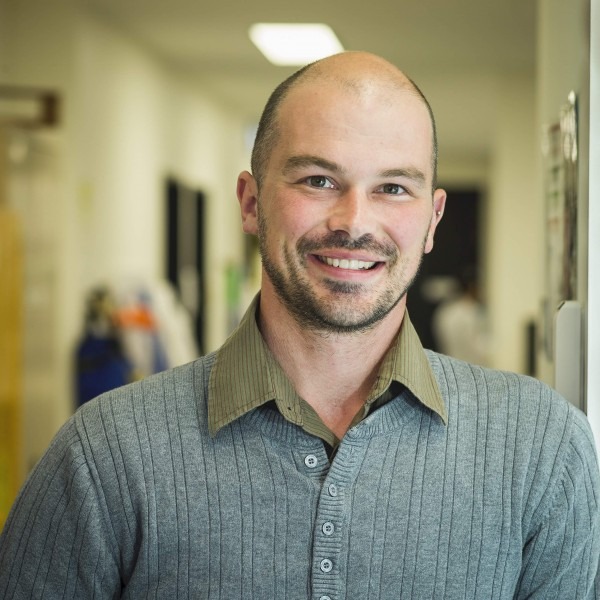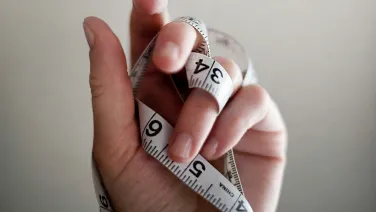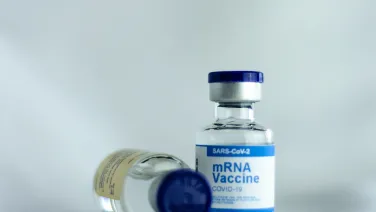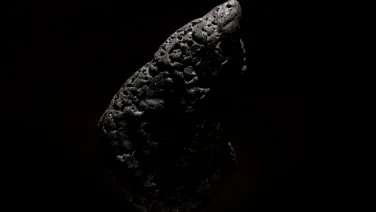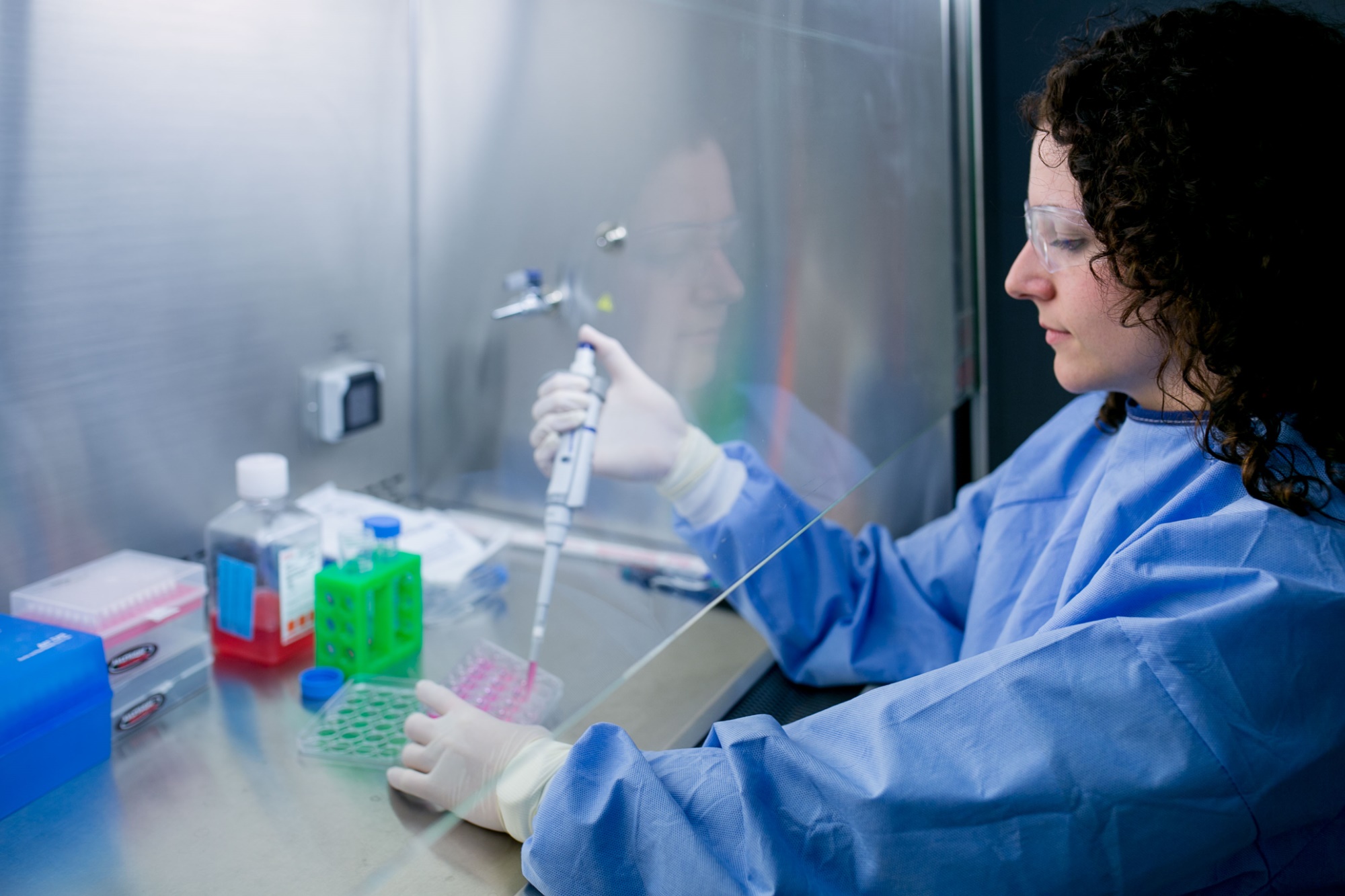
From Nanomaterials to Multi-Scale Devices for Future Health Engineering
Brain injury and disease results in neuronal loss and disruption of the brain parenchyma. Therefore, to achieve functional recovery post insult or disease, it is necessary to promote the long-term survival of neurones and circuitry reconstruction...
Speakers
Event series
Content navigation
RegisterDescription
Brain injury and disease results in neuronal loss and disruption of the brain parenchyma. Therefore, to achieve functional recovery post insult or disease, it is necessary to promote the long-term survival of neurones and circuitry reconstruction. This is a complicated process, which will not only involve attenuating secondary injury, but also simultaneously providing a neuroprotective microenvironment.
In this talk I will tell two stories. The first relates to our ability to control the inflammatory response post insult. I will introduce an in vitro model where brain inflammation can be programmed, allowing the decoupling of progressive degeneration and inflammation, and ultimately the development of advanced regenerative therapies. The second is about the utilisation of the materials used to produce our 3D models, to promote the survival, differentiation and proliferation of transplanted progenitor cells post stroke. In both stories, I will demonstrate how a variety of functionality can be engineered into self-assembled peptide hydrogels.
While the focus of my talk will be on repairing the injured brain, our hydrogels have broader implications in areas such as cell reprogramming, cancer therapy, muscle and bone regeneration and gene therapy, which I will briefly introduce along with our work on biosensors and pathogen repellent coatings.
About the speaker
David Nisbet is a Professor who is jointly appointed between the Research School of Chemistry and the John Curtin School of Medical Research at the Australian National University. He is the head of the Laboratory of Advanced Biomaterials, with laboratories within both schools. Dave joined the ANU after completing his PhD at Monash University and postdoctoral Fulbright scholarship at the University of California, Berkeley.
Dave is passionate about developing novel biomaterials, and particularly about seeing the biomaterials developed for clinical applications. His research groups consist of team of engineers, chemists, and biologists, all working together to create novel materials to help combat injury and disease.
Webinar recording
Location
Online

